Jinghua Yan
State Space Models are Strong Text Rerankers
Dec 18, 2024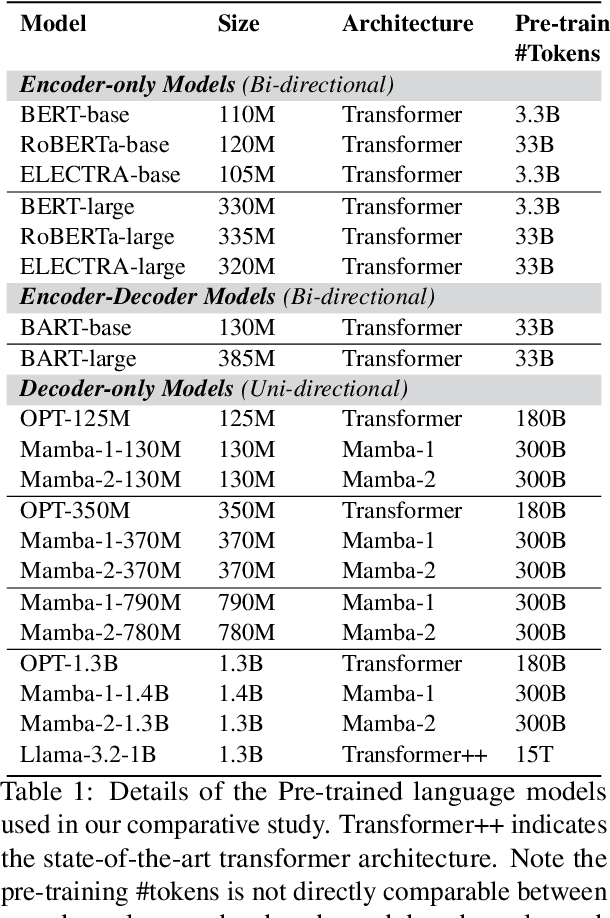
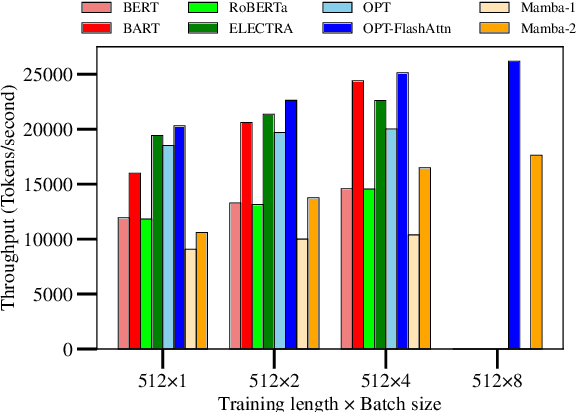

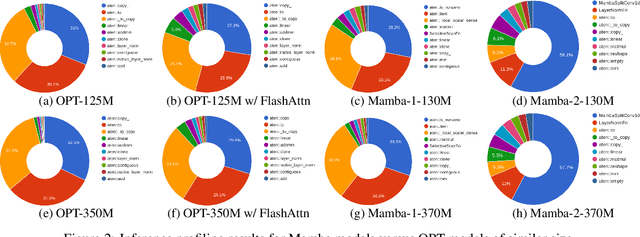
Abstract:Transformers dominate NLP and IR; but their inference inefficiencies and challenges in extrapolating to longer contexts have sparked interest in alternative model architectures. Among these, state space models (SSMs) like Mamba offer promising advantages, particularly $O(1)$ time complexity in inference. Despite their potential, SSMs' effectiveness at text reranking -- a task requiring fine-grained query-document interaction and long-context understanding -- remains underexplored. This study benchmarks SSM-based architectures (specifically, Mamba-1 and Mamba-2) against transformer-based models across various scales, architectures, and pre-training objectives, focusing on performance and efficiency in text reranking tasks. We find that (1) Mamba architectures achieve competitive text ranking performance, comparable to transformer-based models of similar size; (2) they are less efficient in training and inference compared to transformers with flash attention; and (3) Mamba-2 outperforms Mamba-1 in both performance and efficiency. These results underscore the potential of state space models as a transformer alternative and highlight areas for improvement in future IR applications.
Reinforcement Learning for Adaptive Resource Scheduling in Complex System Environments
Nov 08, 2024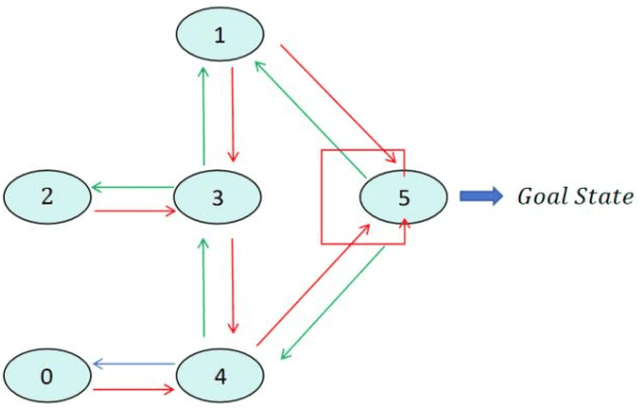
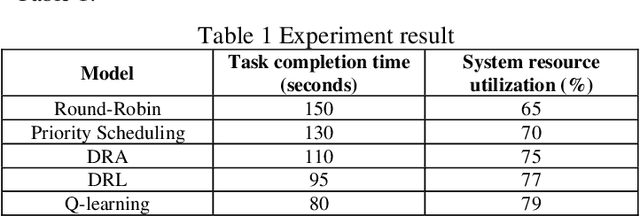
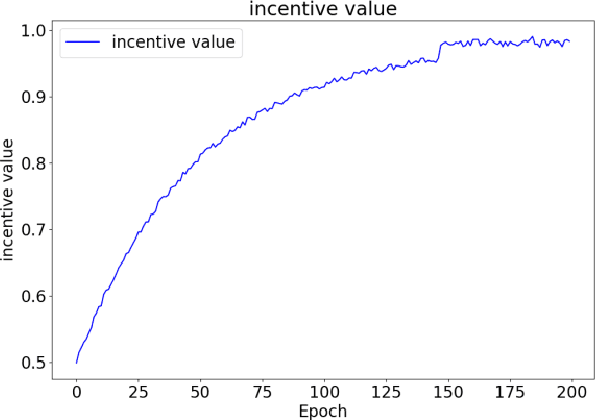

Abstract:This study presents a novel computer system performance optimization and adaptive workload management scheduling algorithm based on Q-learning. In modern computing environments, characterized by increasing data volumes, task complexity, and dynamic workloads, traditional static scheduling methods such as Round-Robin and Priority Scheduling fail to meet the demands of efficient resource allocation and real-time adaptability. By contrast, Q-learning, a reinforcement learning algorithm, continuously learns from system state changes, enabling dynamic scheduling and resource optimization. Through extensive experiments, the superiority of the proposed approach is demonstrated in both task completion time and resource utilization, outperforming traditional and dynamic resource allocation (DRA) algorithms. These findings are critical as they highlight the potential of intelligent scheduling algorithms based on reinforcement learning to address the growing complexity and unpredictability of computing environments. This research provides a foundation for the integration of AI-driven adaptive scheduling in future large-scale systems, offering a scalable, intelligent solution to enhance system performance, reduce operating costs, and support sustainable energy consumption. The broad applicability of this approach makes it a promising candidate for next-generation computing frameworks, such as edge computing, cloud computing, and the Internet of Things.
 Add to Chrome
Add to Chrome Add to Firefox
Add to Firefox Add to Edge
Add to Edge